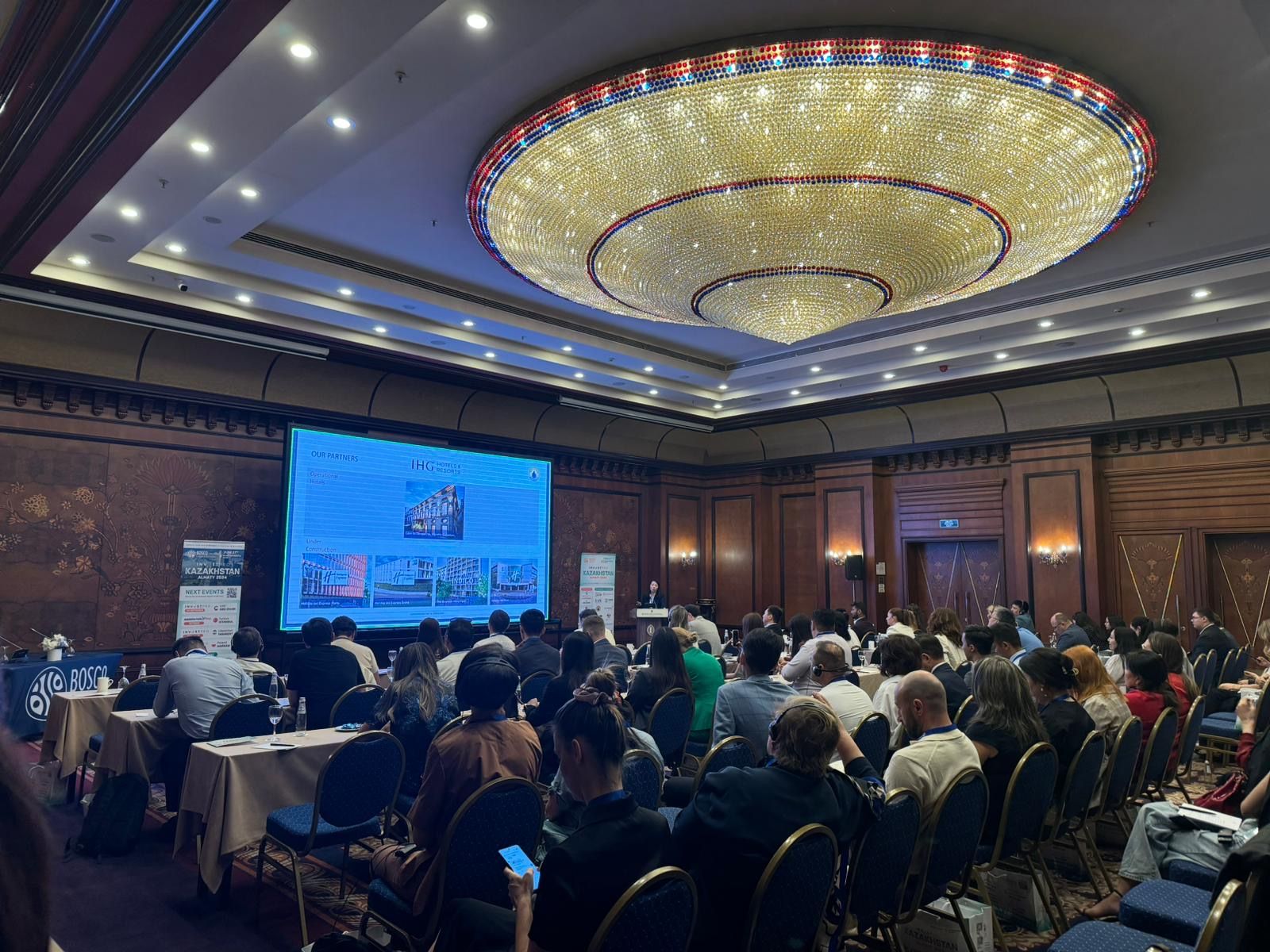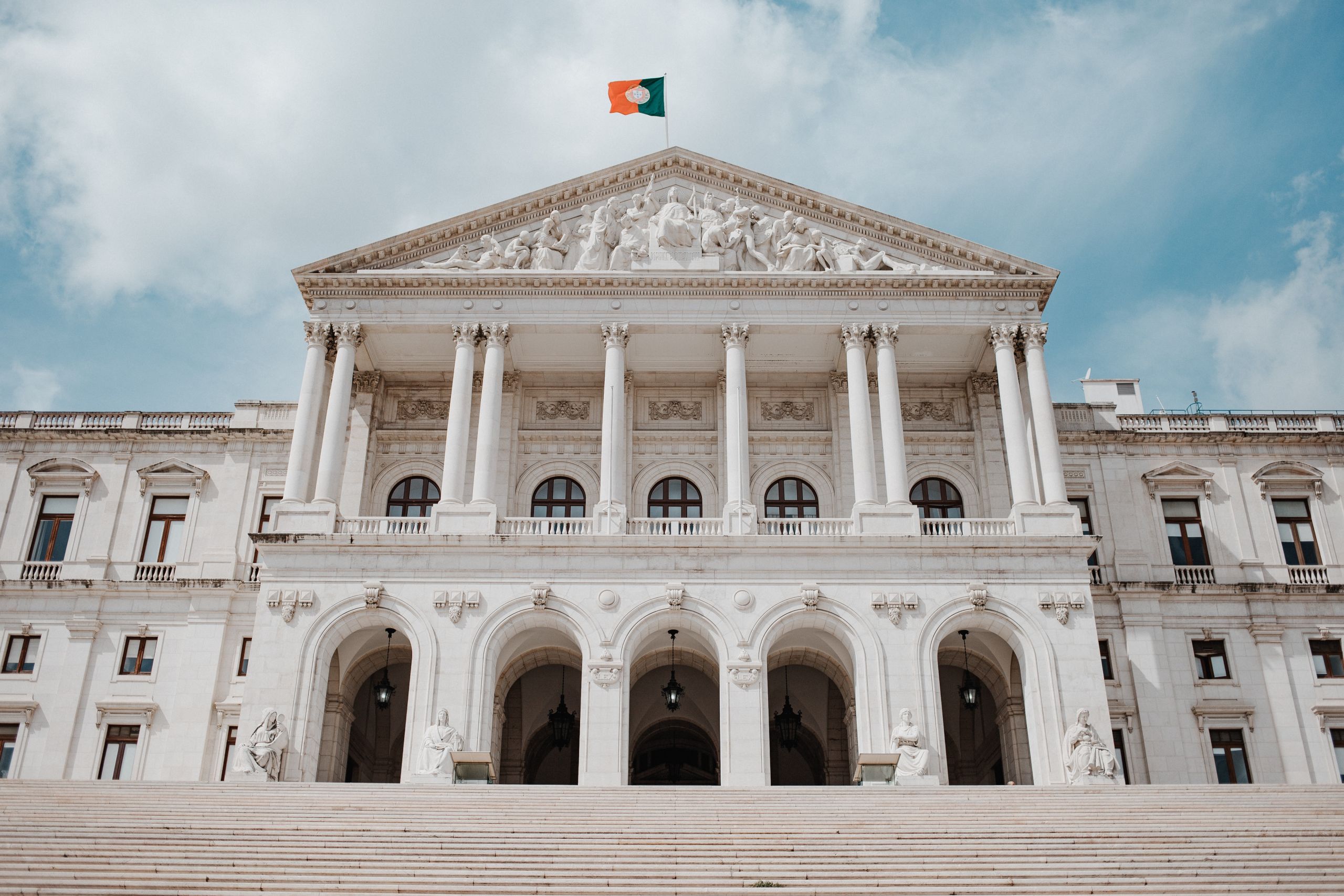The privilege of unrestricted movement within the Schengen area is a significant benefit for holders of European Union (EU) passports or residency. However, this right, established in the 1990s with the signing of the Schengen Treaty in Luxembourg, comes with complexities and limitations. In this guide, we delve into the intricacies of Schengen visa requirements and regulations essential for seamless travel within this exclusive zone.
Origins and Development of the Schengen Treaty
The Schengen Treaty, signed in 1985, initially involved Belgium, West Germany, France, Luxembourg, and the Netherlands, with Portugal joining shortly after in 1990. However, full implementation occurred on March 26, 1995. While integrated into EU Regulations, participation remains voluntary for member states. The Schengen Area recently expanded with Bulgaria and Romania joining on March 31, 2024, leaving Ireland and Cyprus outside its scope. Additionally, non-EU nations like Iceland, Liechtenstein, Norway, and Switzerland are part of the Schengen Area, highlighting its international significance. Monaco, San Marino, and Vatican City, while not formal signatories, maintain open borders within the Schengen Zone.
Understanding Schengen Visa Regulations
Regulation (EU) 2018/1806 outlines the legal framework governing the Schengen Area, facilitating short-term stays for EU nationals, residents, and third-country nationals for various purposes. Third-country nationals typically apply for a Schengen visa in their country of residence. However, some nationals benefit from visa exemptions for tourist stays of up to 90 days within a 180-day period. Nonetheless, possessing a visa does not guarantee entry, as border authorities retain discretion to refuse entry based on documentation and compliance with entry requirements.
Key Considerations for Schengen Visa Holders and EU Residents
The duration of stay within the Schengen Area depends on the visa’s stipulations, with exceeding permitted durations or violating entry conditions resulting in legal ramifications. Both visa-exempt citizens and legal residents must adhere to the 90/180-day rule. Moreover, an expired residence permit does not grant permission for movement within the Schengen Zone, emphasizing the need for valid documentation throughout one’s stay.
In conclusion, the Schengen Area offers a welcoming and free travel space while ensuring safety and security. To preserve these features, visitors must be aware of all regulations, visa procedures, and permanency limits.






